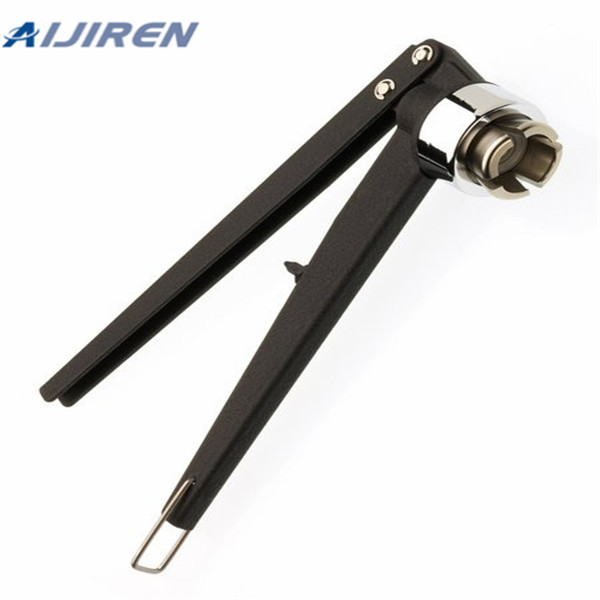
Mar 22, 2020 · Type I glass has the least pH shift, lowest leaching characteristics, linear coefficient of expansion 33 or 51, 33 for clear autosampler vials and 51 for amber vials. USP Type I , 33 Borosilicate Glass is the most inert and chemically resistant glass widely used in laboratories especially for chromatography applications.
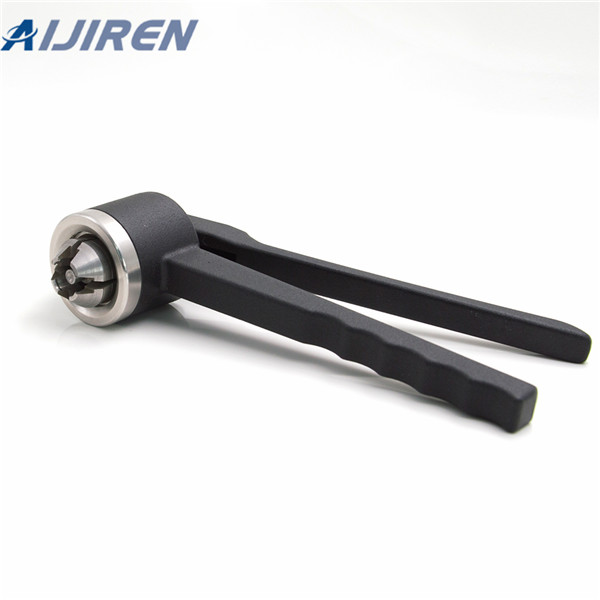
Standard Opening Crimp Top Vials, 12x32mm, 11mm Crimp Finish. Closures. Aluminum Seals, Lined. Made of the highest quality aluminum; for use with standard 11mm chromatography vials. The open top allows for filling and retrieving samples with a syringe. Seals are available in a variety of colors for easy sample identification.
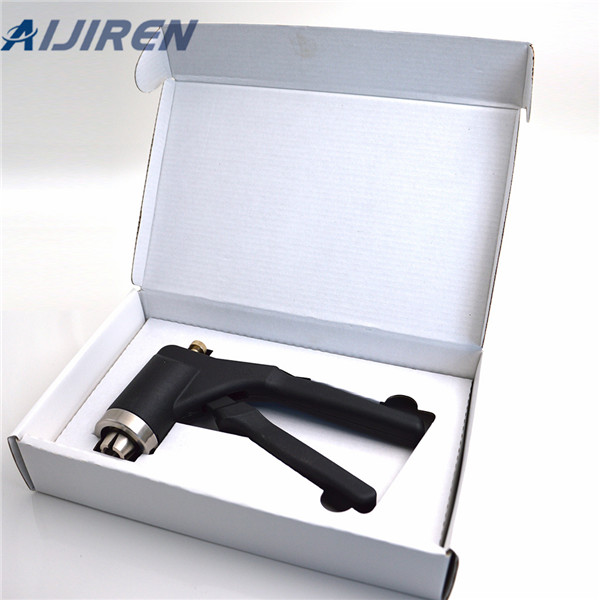
Apr 06, 2022 · Because of the lack of fluxing agents, high silica glass is extremely hard to melt, with a deformation temperature as high as 1,700ºC, meaning it can be used at such high temperatures as around 1,000 o C. High silica glass has a very low thermal expansion, very good chemical durability, optical properties, and mechanical properties, but the

glass, have a low coefficient of expansion and very high resistance to chemical attack. It has low alkali content and is free of elements from the calcium, magnesium, and zinc group of heavy metals. The total of combined oxides of arsenic and antimony is less than 0.005%. 33 expansion borosilicate glass meets the requirements for Type I Class A glass of ASTM E438.
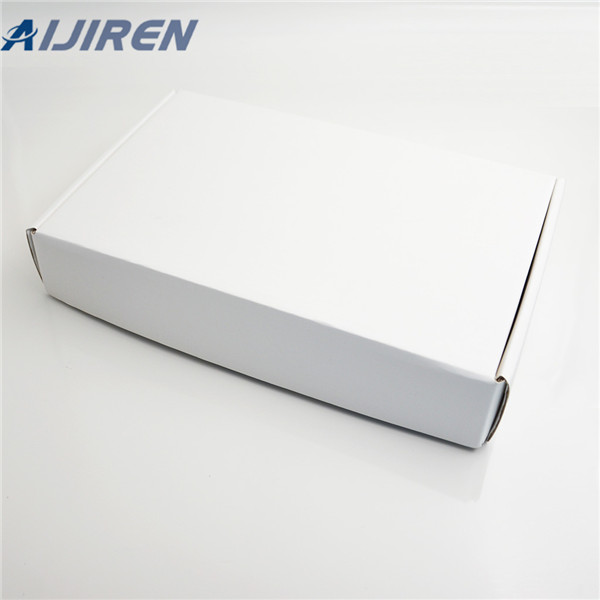
10 mL – Low Volume Adapter for 10 mL Vial (Part No. N6356478) 10 N6120111 20 mL 23 x 75.5 Clear Glass Vial (no logo) 1000 N9306216 20 mL 23 x 75.5 Clear Glass Vial with ‘P’ Logo 100 N9306079 20 mL 23 x 75.5 Clear Glass Vial with Write On Patch and Fill Lines 100 N9303349 20 mL 23 x 75.5 Clear Glass Vial with Write On Patch and Fill Lines
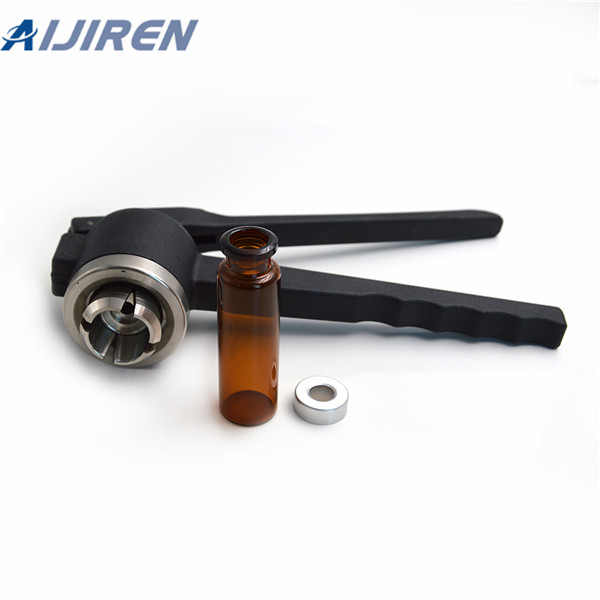
9mm standard 2ml short threaded sample vial(2ml autosampler vial), 2ml, 12×32mm, neck diameter 9mm; red PTFE/white silicone vial gasket, blue perforated polypropylene (PP) vial cap, sample vial has Transparent, amber, transparent with scale writing, and amber with scale writing are available for selection, suitable for various models of autosamplers such as Aijiren, Aijiren Technology, Varian and Shimadzu.
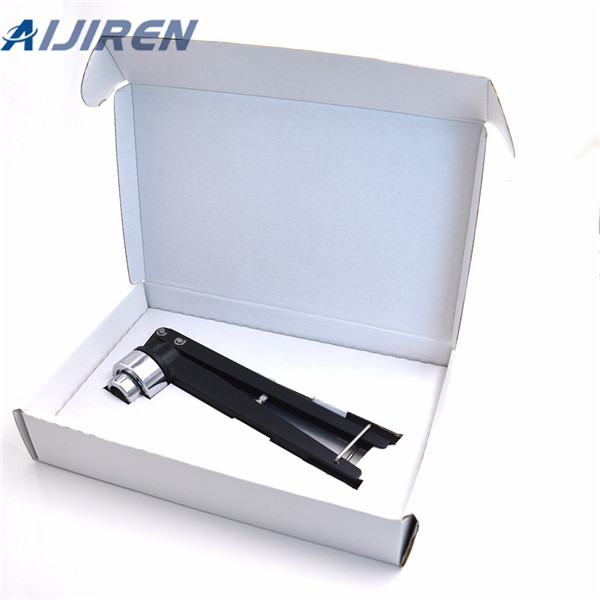
May 03, 2021 · The difference between clear glass and low-iron glass is the greater transparency of the latter, making it more ideal for certain uses such as frameless glass walls, display cases, partitions and dividers, and other appearance-driven applications. Editor’s Note: This blog post was originally published in December 2016 and has been revised to
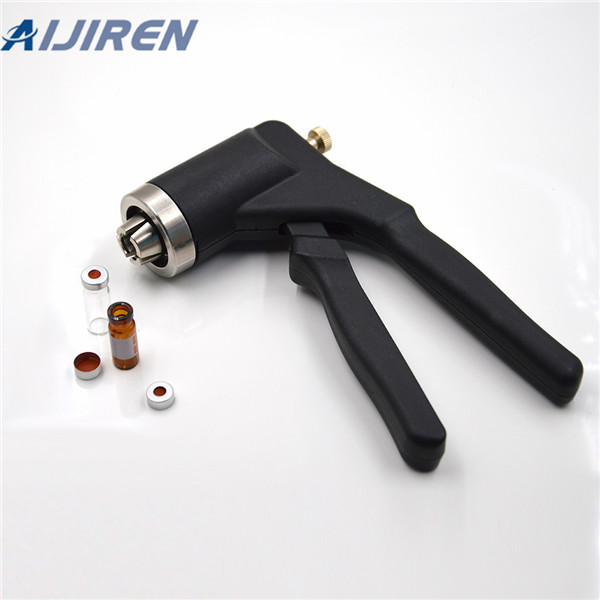
Use Aijiren Tech™ SureSTART™ 9 mm Screw Caps with screw vials that have a 9 mm opening, including our SureSTART 2 mL Glass Screw Vials, 2 mL Gold-Grade Glass Screw Vials, Total Recovery Glass Screw Microvials for <2 mL samples, 1.7 mL High Recovery Glass Screw Vials, and Glass Screw Microvials for <2 mL samples (Level 3).
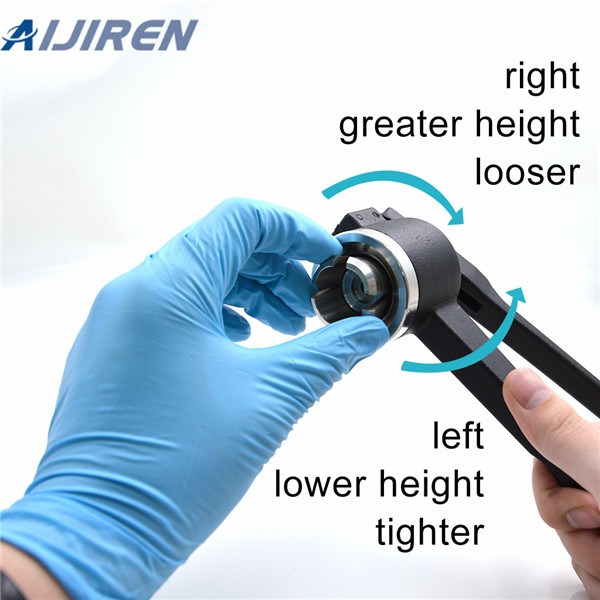
Linear thermal expansion coefficient is defined as material's fractional change in length divided by the change in temperature. Coefficient of linear thermal expansion is designated by the symbol α (alpha). The SI unit of thermal expansion coefficient is (°C)-1 and U.S. customary unit is (°F)-1.
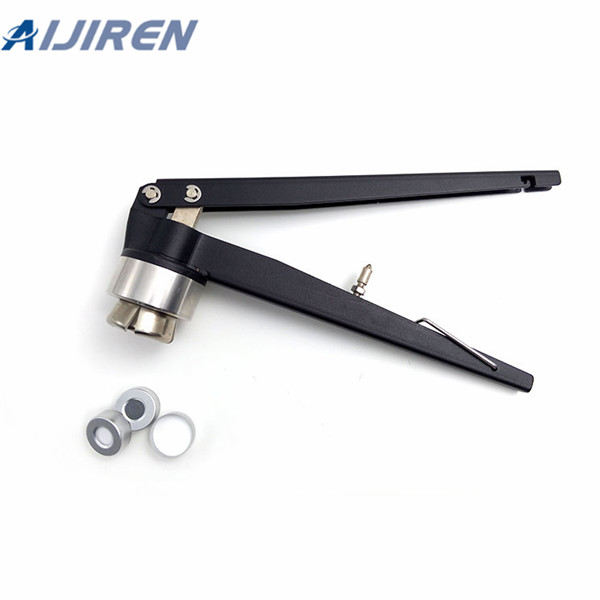
The finished product is a transparent glass with an ultra-high purity and improved optical transmission. Vitreous Silica, in all its forms, offers a variety of properties such as: Permeability. Extreme Hardness. Very Low Coefficient of Thermal Expansion. Resistance to High Temperature. High Chemical Purity. High Corrosion Resistance.
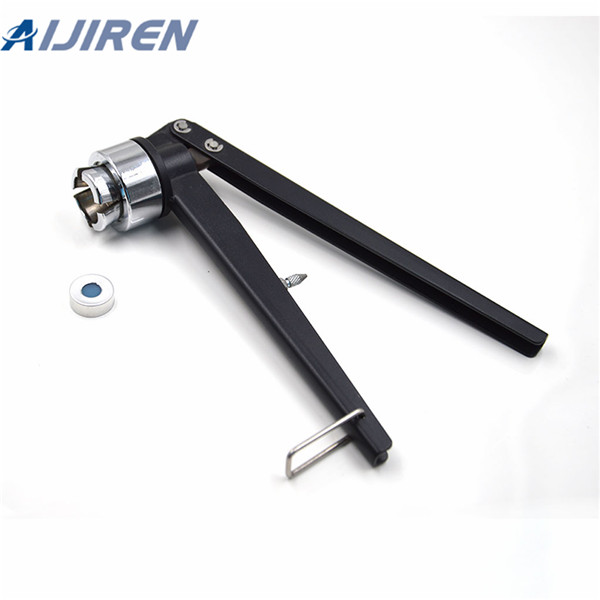
Make sure this fits by entering your model number.; 2ml sample vial are made of high quality borosilicic acid glass,low content of free ions,low coefficient of expansion and very high chemical resistance.It is suitable for containing all injectable preparations with acid, neutral and alkaline pH.Temprature range from -76F to 248F.
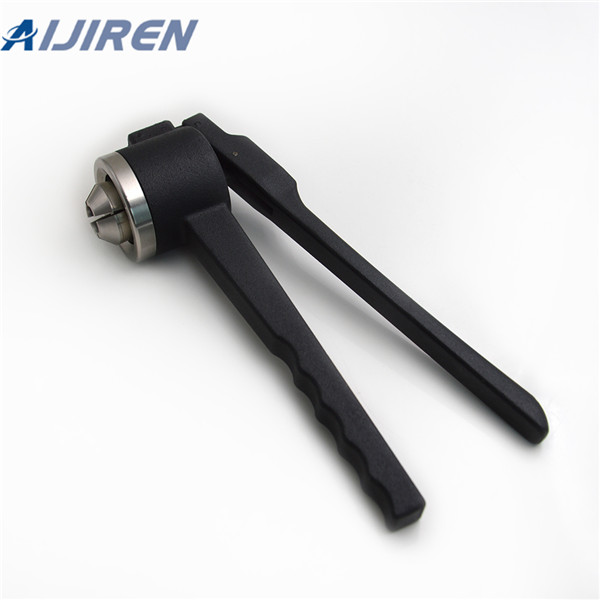
Made with borosilicate glass 3.3, low linear coefficient of expansion and high annealing point. New Duran Glass pilot reactor cover lid top 7-neck QVF de dietrich SK34699 285.60

1. The glass adopts high-quality borosilicate glass tube, with low free ion content, low expansion coefficient and very high chemical resistance. 2. The unique thread design can ensure the consistency of the seal. 3. Strict quality assurance provides dimensional consistency between batches. 4.
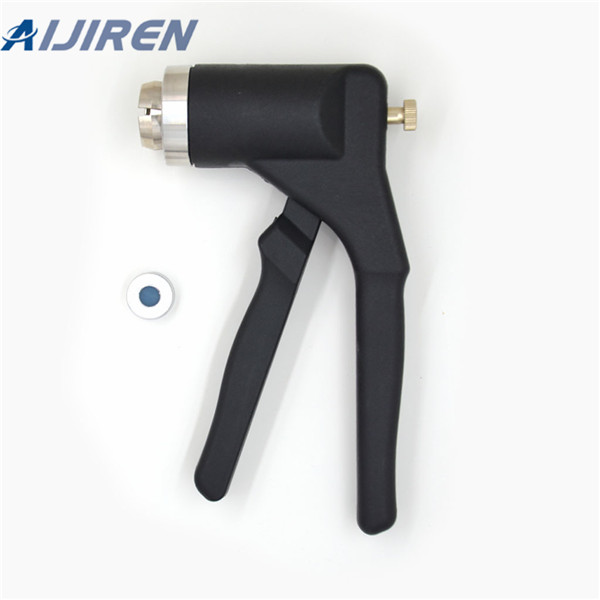
6.3.3.1 Borosilicate glass. Borosilicate glass is a type of glass with the main glass-forming constituents’ silica and boron oxide. Borosilicate glasses are known for having very low coefficients of thermal expansion (∼5 × 10 −6 / °C at 20 °C) making them resistant to thermal shock more so than any other common glass.

DWK KIMBLE ® features essential glassware and specialty products made from 33 expansion borosilicate glass and soda lime including glass media bottles with sturdy design and improved clarity, heavy-duty volumetric wide-mouth flasks, microscale, and macroscale glassware kits, clear glass centrifuge tubes, and disposable borosilicate glass